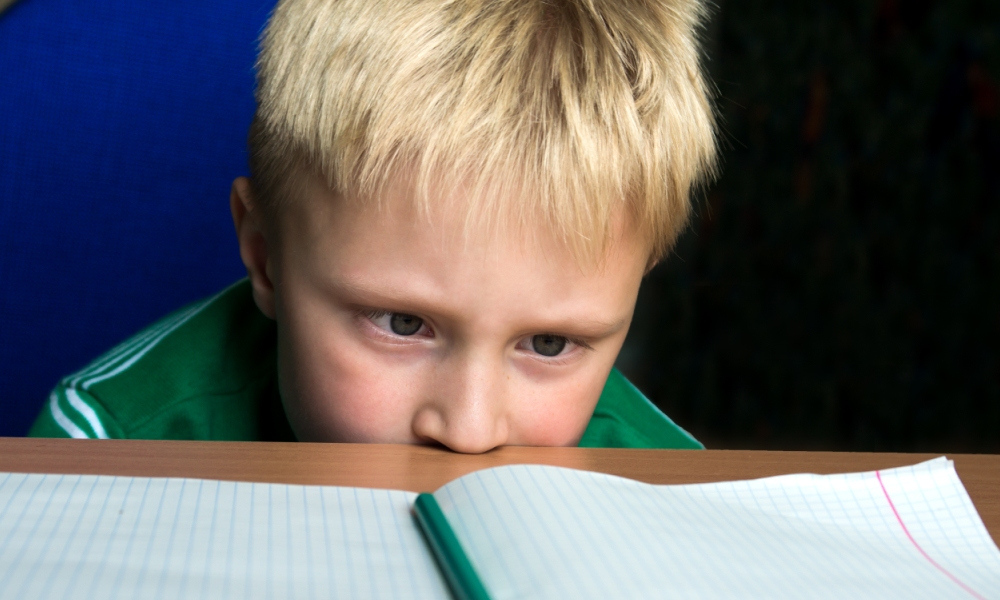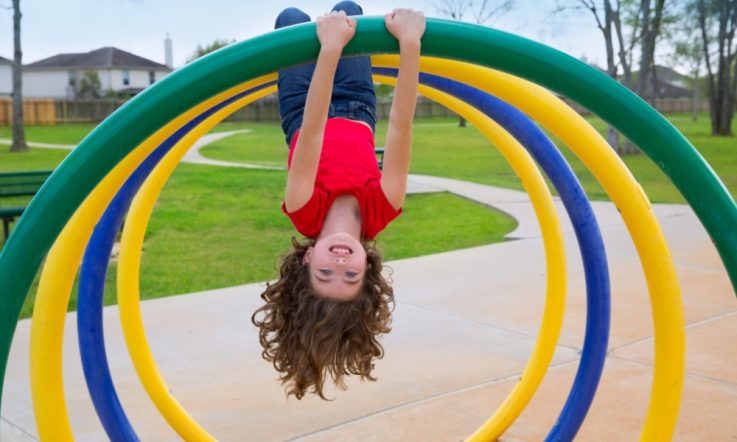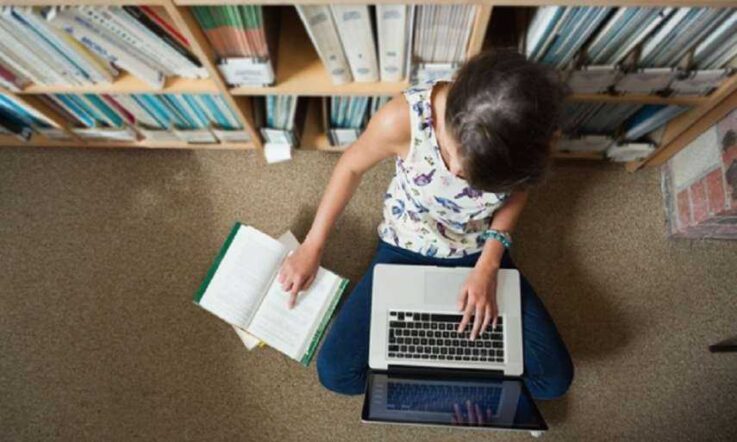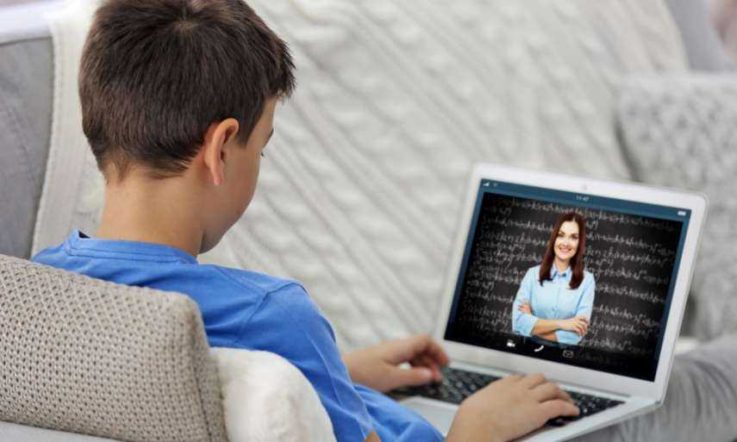The research around the impact of homework on learning outcomes is not conclusive, and at times contradictory. If your school is considering stopping formal homework and encouraging students to do something else, what are the alternatives? Here's one school's approach.
Richardson Primary School doesn't have an after-school homework club; in fact, it doesn't set formal homework. Instead, at the end of the school day students are encouraged to get moving and take part in the sporting activities on offer – from taekwondo to netball, soccer to lawn bowls. Parents are also encouraged to spend quality time with their children, to read and play with them.
It was a different story when Principal Jason Borton arrived at the Canberra school four years ago. There was a policy in place to set formal homework but it was being revised, which presented the perfect opportunity for the new school leader to assess its impact.
‘There's not an ACT [Australian Capital Territory] policy on homework, it's a school-based decision. So, schools independently work with their community to develop a policy,' Borton explains.
He says there were several issues with the old approach at Richardson Primary. ‘The work that was being sent home was photocopied sheets of things, which were just low quality.
‘After watching the homework club for about a term, [I could see] kids were coming in there tired, irritable from the school day and then being expected to sit and do these boring worksheets – practising spelling words, etcetera … it was very uninspiring. It was a very negative experience for most children and it was something that most parents were sending kids to even against their will.
'[Another] of the issues was that the parent capacity to actually support learning at home was very inconsistent, and assuming that parents have the time or skills to actually do that was a bit of a risk, because that's not necessarily the case in all households.' Borton says in addition many children tend to have very busy lives outside school, attending various clubs and activities.
The school consulted with students, teachers and parents, explored research (including the work of Alfie Kohn and John Hattie), read articles by Joe Bower on abolishing homework, and looked at policies in other jurisdictions – all of which informed the decision to stop setting formal homework.
‘The majority of research that we … looked at basically was saying that it's okay to have to do homework but it's not really having a great impact on kids' learning. So we thought, let's do something different.'
Instead, the school developed a partnership with the Australian Institute of Sport (AIS) to participate in its Commonwealth funded Active After-school Communities program, where local sporting organisations stage after school activities for students. ‘Getting kids involved in physical activity instead of this notion of sitting down and doing more formal school work.
‘From our perspective we think probably five hours per day of formal learning is enough for kids … especially the five-, six-, seven-year-olds. The reaction from staff has been very much “I'm finally feeling like I don't have to waste my time on this thing … I can spend time doing something else which is going to have a better impact on learning”.'
The approach has also received strong support from the vast majority of parents. For those who want to retain formal homework, the school advises them to get a homework-style book from a book shop and support their children to work through it.
Borton says the debate around homework will continue for many years to come. ‘I'm not saying don't do homework, but don't expect it to really help your kids learn in primary school if you do it.
‘[For us] it's really about getting the community and kids active, rather than the passive “sit down and do a photocopied sheet”. When you add those two things up, which one is better? We're really happy with our choices there.'
He adds the main thing is to think about the needs of your own students, staff and parents and to work with them. ‘I think it's great that schools can make their own decisions in these areas. Our approach might not be what every community wants, but it is what the vast majority of our community wanted.'
Jason Borton has written a blog post on the topic, which includes links to some of the writing mentioned in this article. You can also connect with him via Twitter.
The AIS Active After-school Communities program has evolved into Sporting Schools. To find out if your school is eligible for a grant and to apply visit the Sporting Schools website.
How is homework improving outcomes for your students? What evidence do you have?
Research shows timely feedback is an important part of the homework process - how and when do you provide feedback to students on homework tasks?



